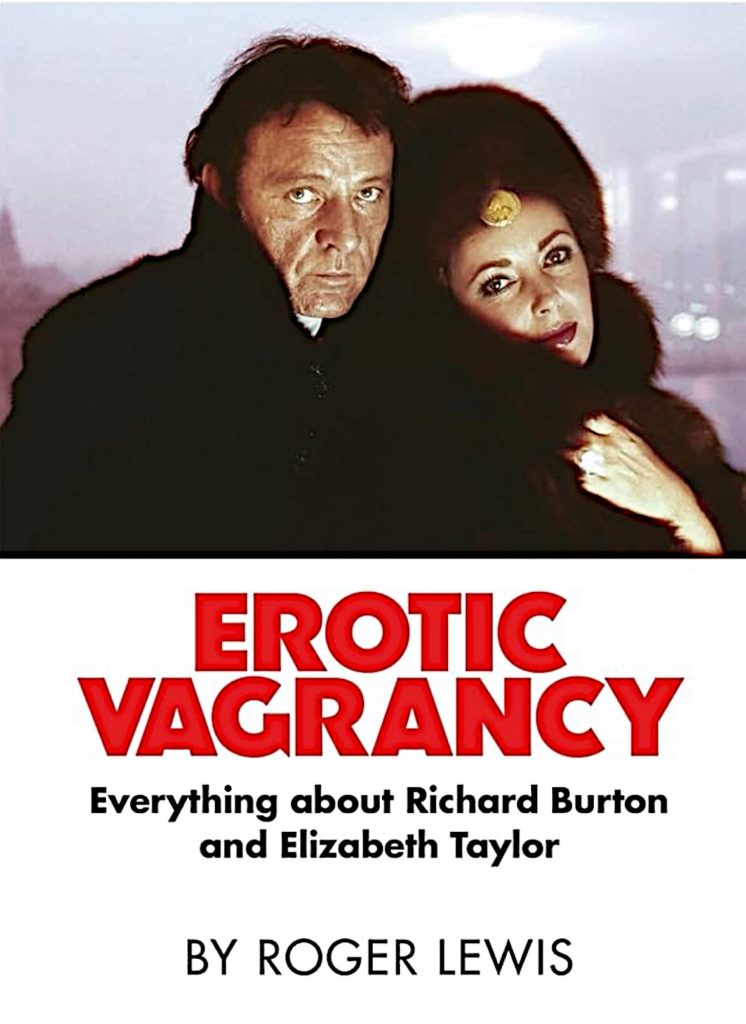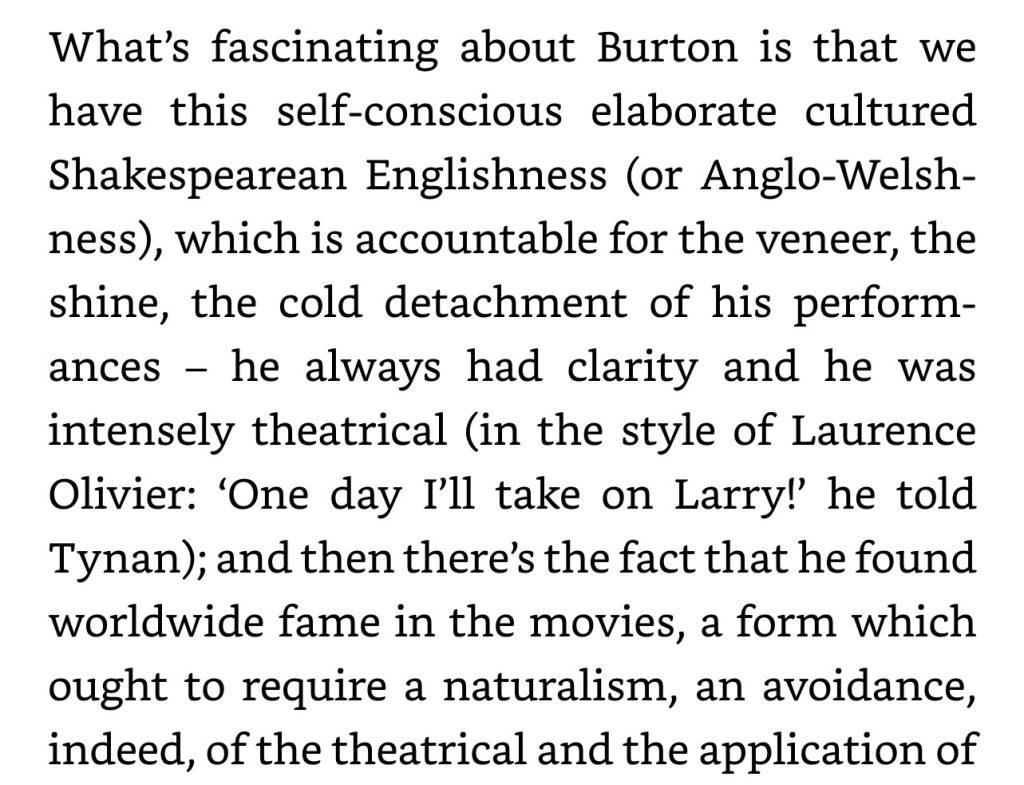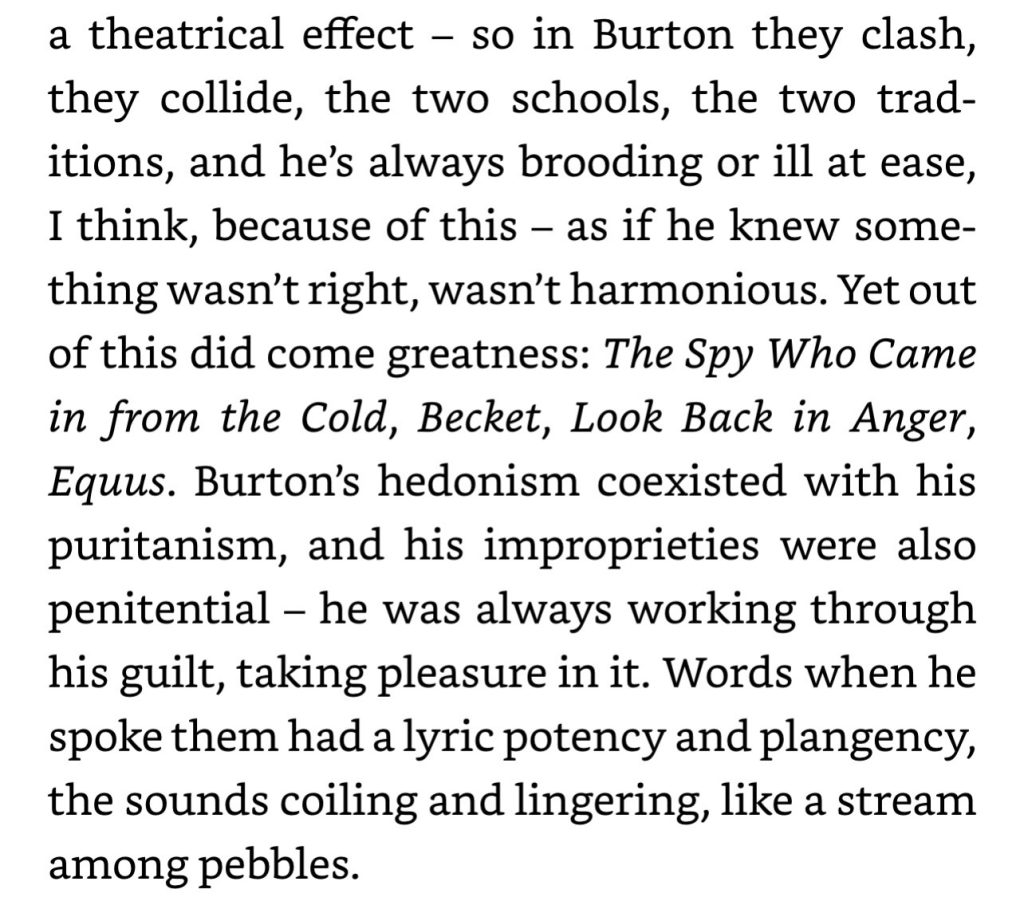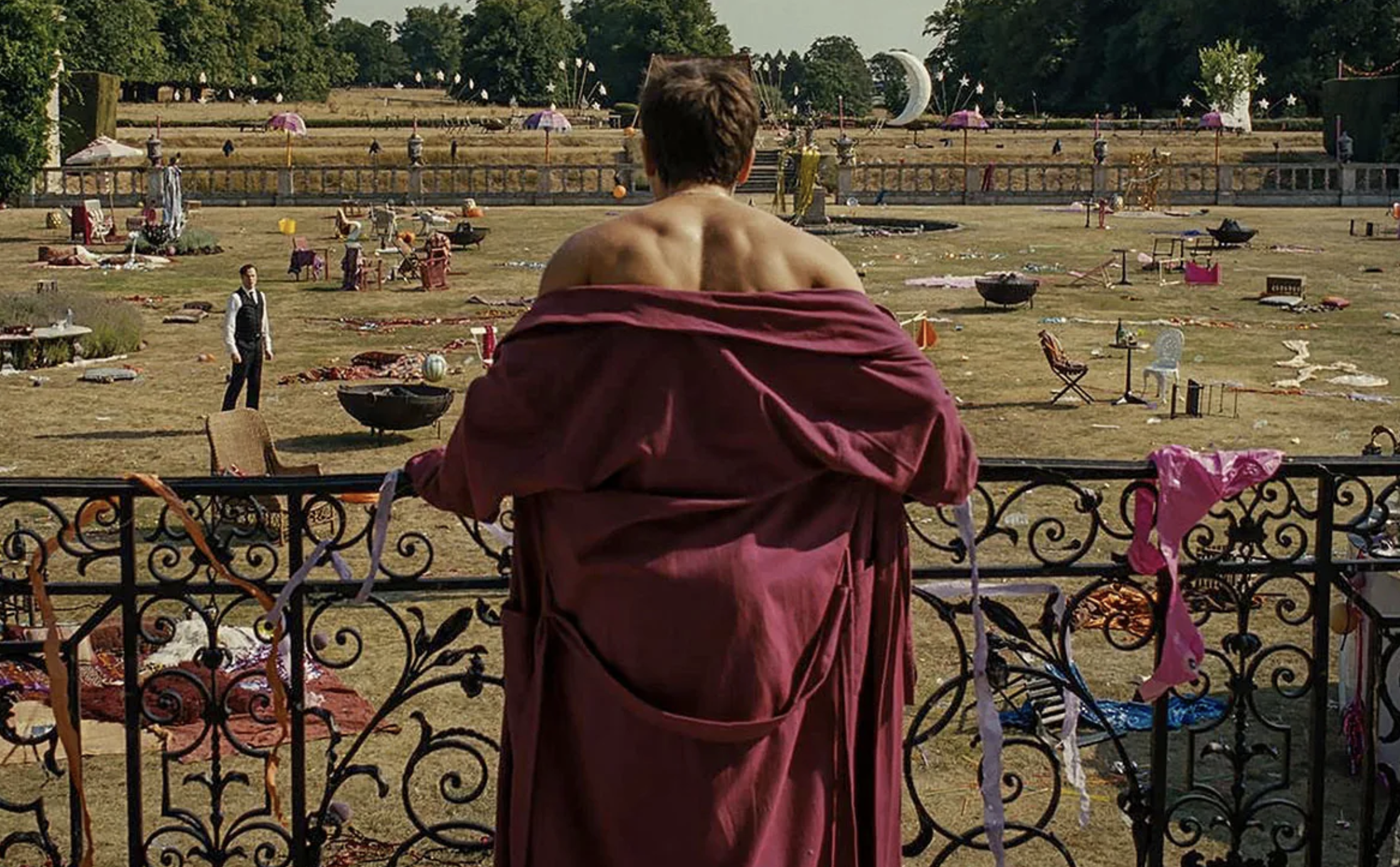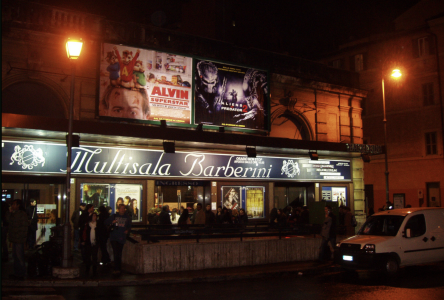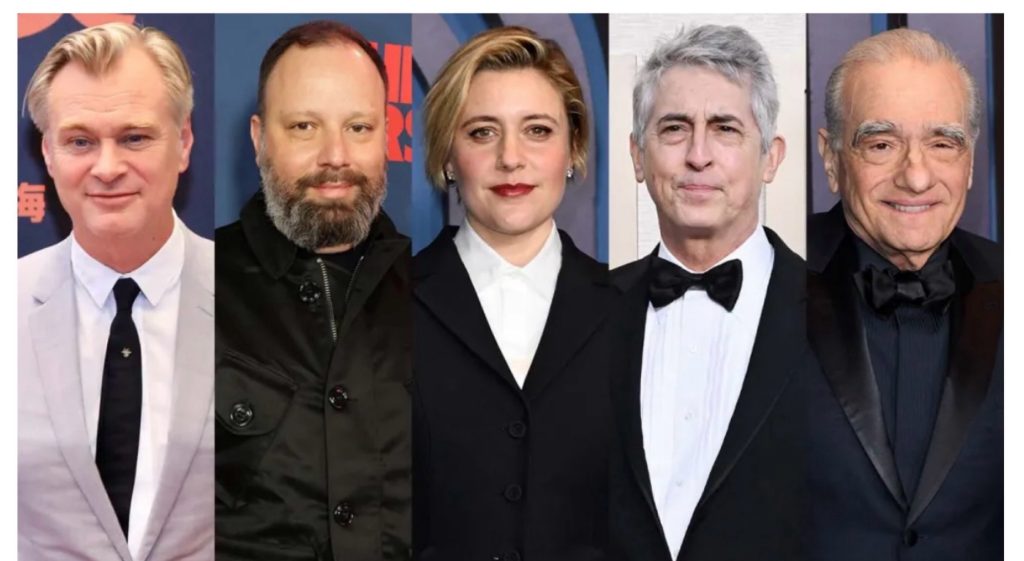Vasectomy four months ago, sex five months ago…
“Now that’s what I call cutting it close” — final line, spoken by hospital orderly, in Lover Come Back (‘62).
“Tonight you WERE the father” regarding a pregnancy that began FIVE MONTHS AGO…I get it but on the other hand I don’t. I would have written “five months ago you became a full partner in the creation of a child”…something like that. Even if it didn’t actually happen, according to Keith.


